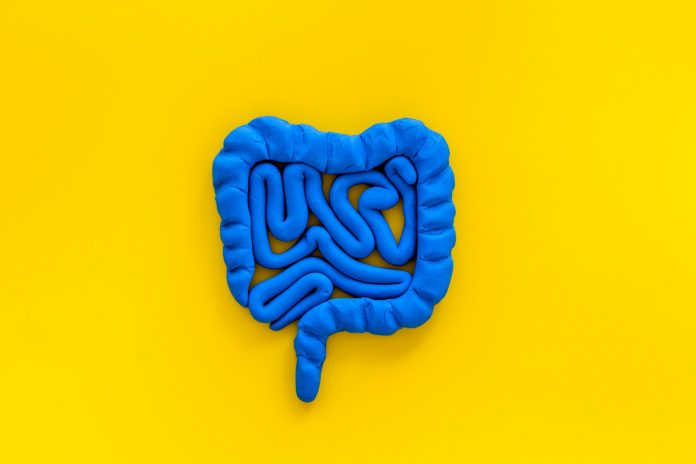While it might not be as dangerous as smoking cigarettes or breathing in asbestos particles, regularly consuming processed meats like salami does contribute to cancer risk, experts say.
In 2015, the International Agency for Research on Cancer (IARC) at the World Health Organization (WHO) assessed over 800 studies to understand the link between processed meats and cancer.
The studies excluded other cancer-causing factors like obesity so that the effect of processed meats could be isolated.
Ultimately the IARC classified processed meat as a carcinogen, meaning that they found sufficient evidence that eating processed meats causes colorectal cancer.
“Processed meat, at least historically, has been processed using sodium nitrate,” says Professor Bernard Stewart from UNSW Medicine and Health.
Professor Stewart, an internationally recognised expert in environmental carcinogenesis (cancer causation) who was also the chair of the IARC, says that “nitrite can react with molecules in the body to form N-nitroso compounds, which are cancer-causing substances.”
There are also cautions about the cooking process, as using high heat or an open flame to cook processed meat can also be part of the problem.
“There are also carcinogens that are not inherently present in the meat but are generated during cooking. For example, polycyclic aromatic hydrocarbons (PAHs) and heterocyclic amines (HCAs),” says Professor Stewart.
If processed meat is a carcinogen, should packets of sausages and bacon carry warning labels, like cigarettes?
According to Professor Stewart, it’s not that simple.
“On the one hand, the evidence concerning cancer causation by consumption of processed meats is as definitive as the evidence that tobacco smoke and asbestos cause lung cancer. On the other hand, the same level of preventative action is in no way warranted,” he says.
Different carcinogens have different levels of impact on cancer risk. For tobacco smoke, the impact is high. It’s said that the lifetime risk of lung cancer in a non-smoker is 1% and in a heavy smoker, it is 25%.
However, for someone who consumes processed meat frequently rather than moderately, their lifetime risk of colorectal cancer is said to increase from 5 to 6%.
This means, according to experts, that while there is strong evidence that eating processed meats causes colorectal cancer, the actual impact on cancer risk is relatively small.
While the cancer risk with processed meat consumption is relatively small, it’s still there but there may be ways to counteract the effects of processed meats in your gut – at least partially.
Associate Professor Sara Grafenauer from UNSW Medicine & Health who is also an Accredited Practising Dietitian says whole grains can directly prevent carcinogenic activity inside the gut, and that dietary patterns with whole grains could mean prevention of disease.
“The whole grain is a bundle of nutrients that has anti-carcinogenic properties,” says Associate Professor Grafenauer.
“It contains many compounds that are stimulating anti-oxidant activity in the gut and are protective.
“Also, because whole grains are fibrous, they can also bind carcinogens and remove them from the gut.”
So, after considering the risks of eating processed meat, is it ‘safe’ to nibble on salami or order a BLT?
Experts at UNSW say the answer is “yes” because a nibble or eating it occasionally is not the problem.
The increased risk of cancer is measurable among people who eat processed meat on a regular and daily basis.











